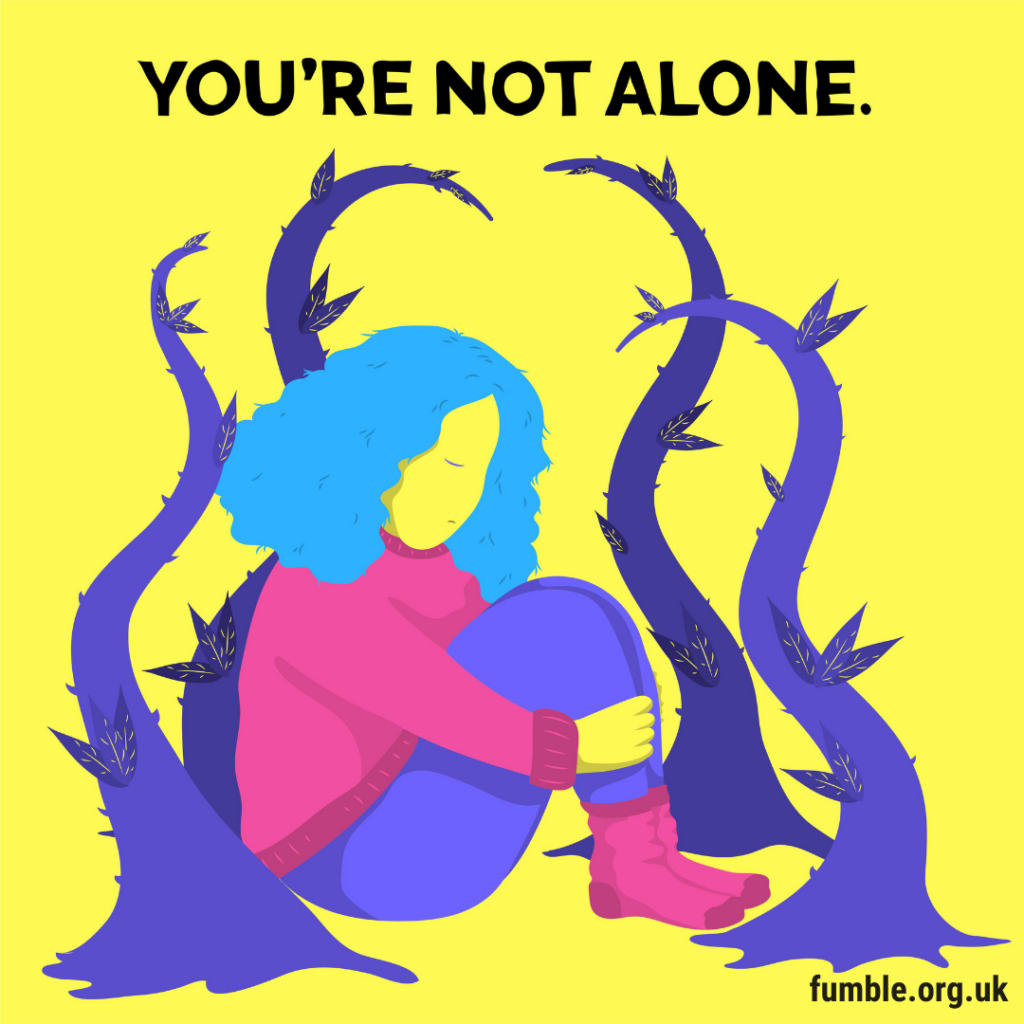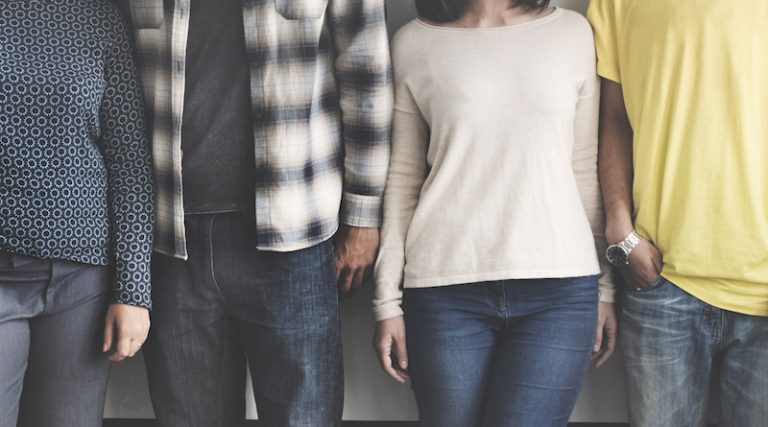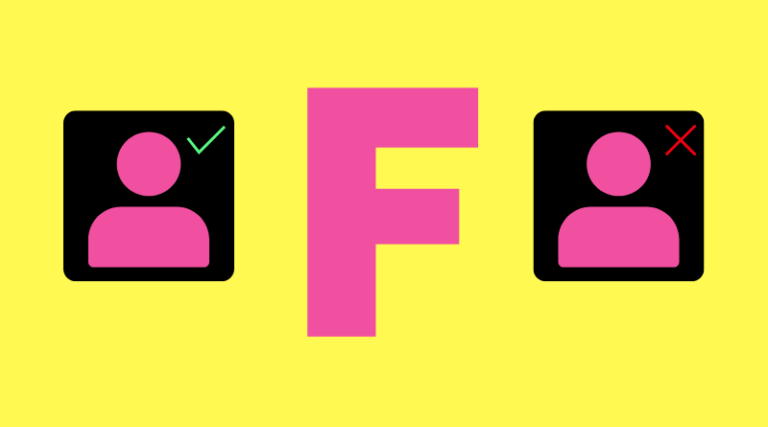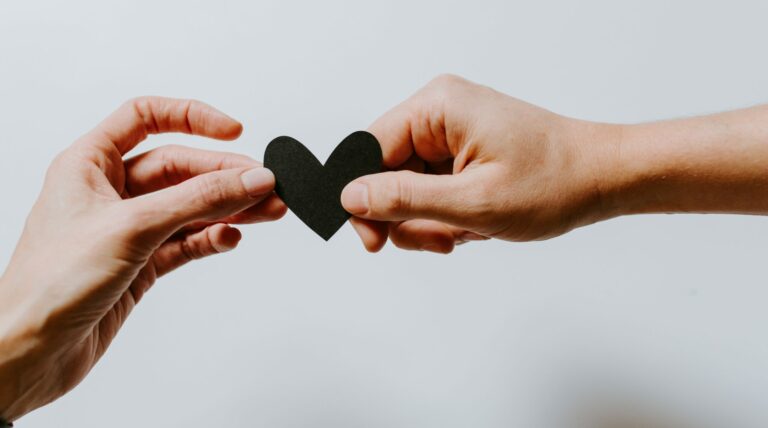Sexual harassment: what is it?
We all know what sexual harassment is… don’t we?
There’s actually a lot of uncertainty when it comes to defining sexual harassment: what exactly counts? Society at large suggests a clear divide between sexual violence and wanted, sexual interactions. In reality, there’s a lot in between those two bookends, sometimes called the ‘grey area’. Sexual harassment is not always physical or forceful, and it sometimes exists in this ‘grey area’. This doesn’t mean it’s less harmful. It is still entirely unacceptable and should be stopped.
There’s lots of support available if you’ve experienced sexual harassment, please don’t manage this alone. Jump straight to our Getting help section below.
So technically, what is it?
Sexual harassment is sexual behaviour that is unwanted, inappropriate, offensive or intimidating. It can make you feel small, afraid or humiliated. This can consist of:
- comments or jokes of a sexual nature
- emails or messages containing sexual content
- sexual assault: physical behaviour such as unwanted touching
- showing photos or pictures with sexual content
- comments on your body or your clothes
- questions about your sex life
Why does it sound simple, yet feel so complicated?
It should be simple to know when someone is sexually harassing you. Yet, it can feel really complicated when there are so many gendered norms around us. We typically talk about men harassing women, because statistics show it’s more common. We tell women to “calm down” or “take the compliment”. This normalises experiences of sexual harassment and makes it seem okay. It also signals that it’s okay for (typically but not only) men to continue harassing. This can make it difficult to speak out after experiencing it.
It’s important to note that it isn’t always gendered in this way. Experiencing sexual harassment outside of this gendered norm can make it even harder to ask for help. Regardless of who the perpetrator is, any form of sexual harassment is unacceptable and there is support available for every victim or survivor.
Getting help
If you have experienced or are experiencing sexual harassment, there is support for you. Please don’t manage this alone. There are lots of organisations that want to help, and are specialised in providing support specifically for experiencing this.

It doesn’t matter if you’re experiencing, or have experienced, it at work, in school or somewhere else, it’s never okay. Everyone has the right to feel safe and comfortable in public spaces, on public transport, in school/college/uni, in their work place and everywhere else. People of any gender can be sexually harassed, including men and boys, and there is support for them too.
Unfortunately, sexual harassment and victim-blaming culture often go hand in hand. It is never the victim or survivor’s fault if they are sexually harassed. It doesn’t matter what they’re wearing, what they’re doing, what time of day or night it is, if they’re drunk or intoxicated. All of this is irrelevant. Everyone has the right to be safe, regardless of their situation.
Other support
- Resources and support for victims and survivors of sexual assault
- How to support a friend who has experienced sexual violence
- Childline – Sexual harassment
Read more
Last Reviewed 24 April 2023
Image Credit: Kate Sade via Unsplash







